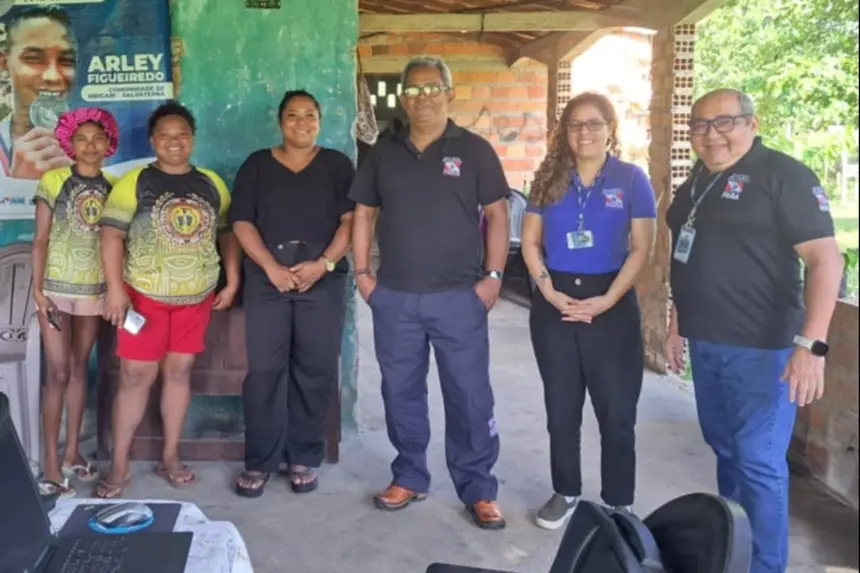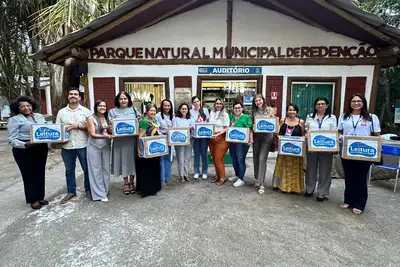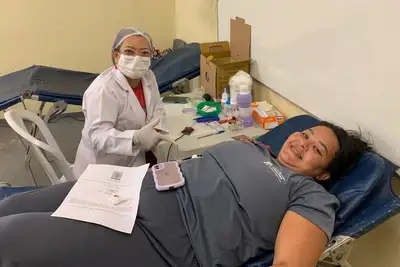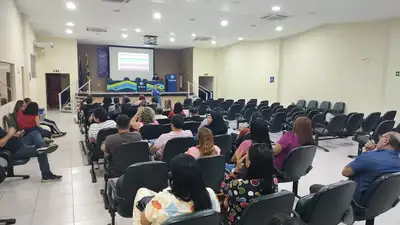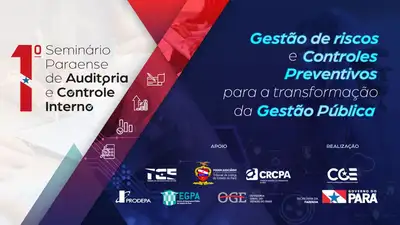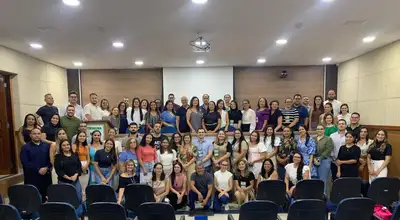Semas carries out Rural Environmental Registration for the Quilombola community of Siricari, in Marajó
The CAR/PCT is built by the traditional community, which requests the support of the State and the quilombola movement in the realization process, enabling access to various benefits
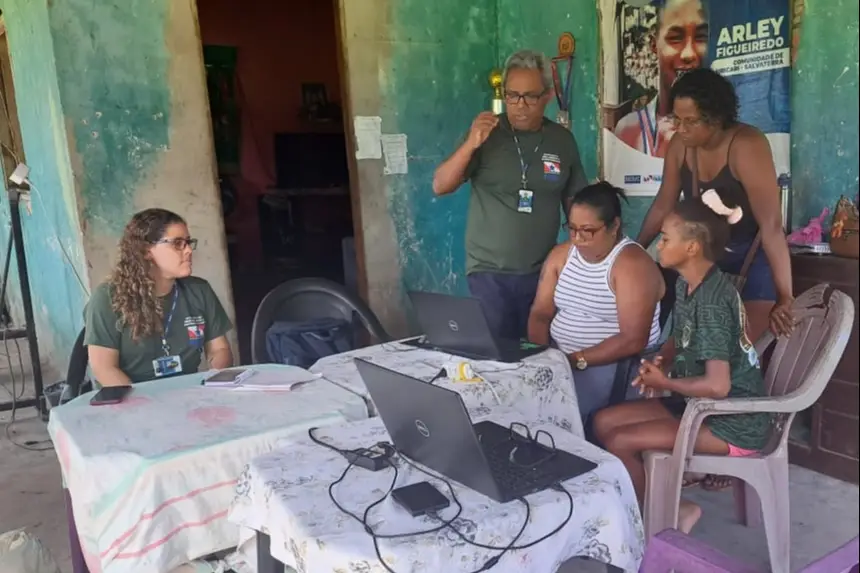
With technical support from the Secretary of Environment and Sustainability of Pará (Semas), through the Regulariza Pará program, the Rural Environmental Registration (CAR) module for Peoples and Traditional Communities (PCT) of the Quilombola community of Siricari, in the municipality of Salvaterra on the island of Marajó, was carried out, continuing the training process for members of quilombola communities for the CAR/PCT.
Semas develops, through the Regulariza Pará Program, a territorial learning methodology aimed at community leaders, aiming to carry out social mapping, and train them to use the PCT module, in order to continue the process of preparing and submitting the collective CAR in quilombola territories.
The CAR of Siricari benefits 158 quilombolas, around 55 families, favoring the planning of collective environmental management of natural resources, which is carried out by autonomous community instruments such as local territorial and environmental management plans, in addition to reinforcing territorial demarcation in favor of collective titling, as well as support for territorial defense to resolve conflicts generated by overlaps of individual CARs of rural properties, which are then canceled,” explains the manager of CAR/PCT at Semas, Thamiris Teixeira.
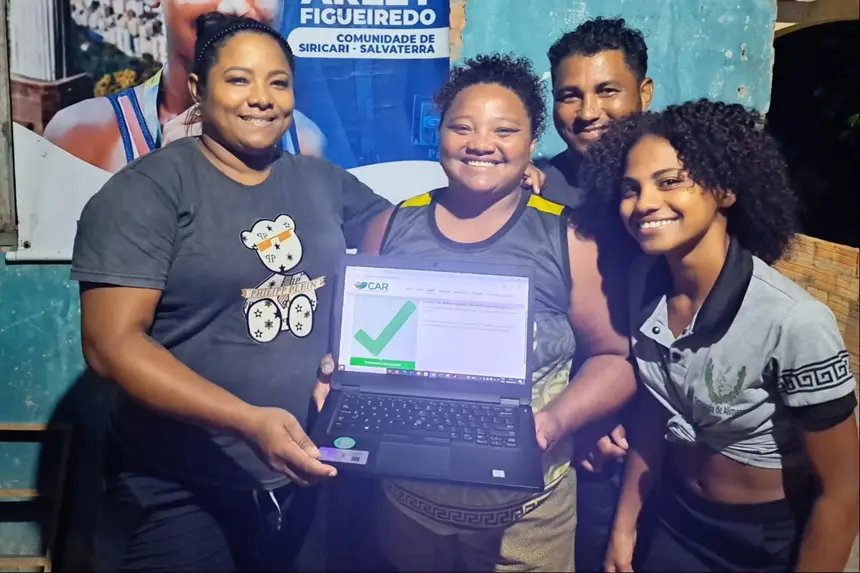
Dialogue – the process of preparing the CAR for quilombola communities is decided by the community members themselves, who hold consultations in informative meetings and leadership assemblies, where the community can deliberate whether they wish to receive support from Semas to register the collective registration in the PCT-Sicar/PA module.
Thamiris also emphasizes that when the community requests support, Semas promotes various activities to contribute with information and assist in the registration process, such as lectures and meetings to provide guidance, training, and encouragement to associations with organizations and representative entities of traditional communities.
The collective modality of the CAR/PCT is the result of the historical struggle of the communities and their representative entities of the quilombola movement, extractivists, settlers, agro-extractivists, family farming, and other peasant territorialities.
“A year ago, we submitted the documentation to request the Quilombola CAR and today the community was attended to. It is a great satisfaction, I want to thank Semas of the State of Pará, which spared no effort to assist us; with this CAR we will achieve benefits for our territory and be more visible to public policies. Gratitude also to my community that did not stop believing that we would succeed,” concludes Silvane da Silva Figueiredo, leader of the Remnant Quilombo Association of Siricari.
Text: Vinicius Silva/ Ascom Semas


